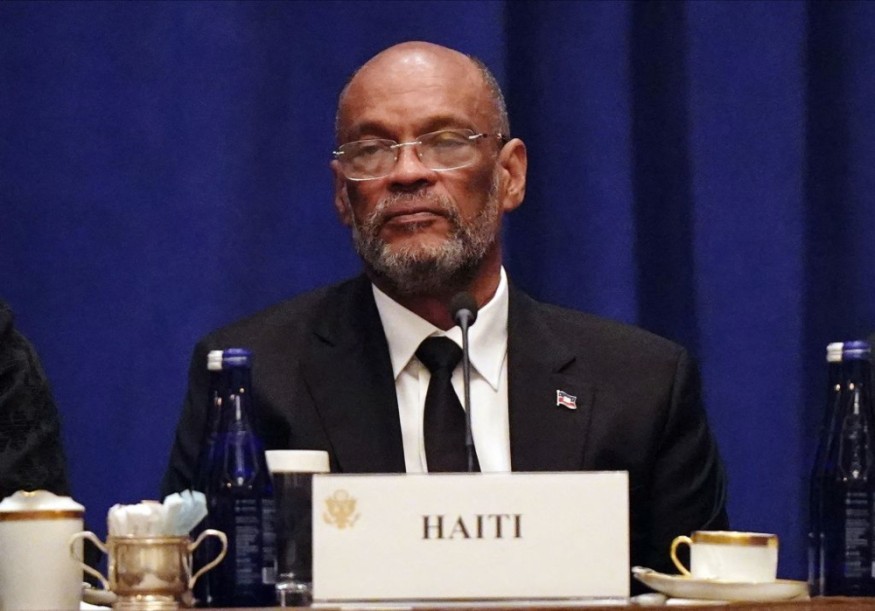Haiti: Ariel Henry Resigns as PM as New Leaders Take Power Amid Gang Violence

In a bid to navigate through the storm of rampant Haiti gang violence and restore stability, the country embarked on a new political journey as a transitional council was inaugurated on Thursday.
Ariel Henry, the prime minister who had been stranded outside the country due to the escalating violence, paved the way for this transition by resigning from Los Angeles.
The council's primary mandate is to select a Haiti new leaders and cabinet while preparing for forthcoming presidential elections, AP News reports.
Against a backdrop of sporadic gunfire near the National Palace in downtown Port-au-Prince, the transitional council was officially sworn in.
This scene underscored the gravity of the security challenges facing Haiti, prompting calls for a safer venue for such crucial proceedings.
Addressing the pressing issues confronting the nation, interim Prime Minister Michel Patrick Boisvert emphasized the urgency of the situation, declaring Haiti to be at a pivotal crossroads.
Haiti New Leaders Composition and Mandate
Comprised of nine members, including seven with voting powers, the transitional council represents a spectrum of political affiliations and societal interests.
These members, drawn from diverse backgrounds, are entrusted with the critical task of steering Haiti towards stability and socio-economic recovery.
The council's mandate, set to expire in 2026, encompasses pivotal responsibilities such as appointing a provisional electoral commission and establishing a national security council, according to CNN.
As the council assumes its responsibilities, the country grapples with multifaceted challenges exacerbated by Haiti gang violence.
The country's infrastructure has been severely impacted, with essential services disrupted and millions facing acute food insecurity.
The situation has prompted calls from international bodies like the United Nations for swift action and the deployment of a multinational security mission.
However, past interventions have left a legacy of distrust among some Haitians, highlighting the delicate balance between restoring security and respecting national sovereignty.
Path Forward: Hopes and Hurdles
Despite the daunting road ahead, there is cautious optimism regarding Haiti's prospects for stability and progress.
The installation of Haiti's new leaders marks a pivotal step towards addressing the country's deep-rooted issues.
However, internal tensions within the council and concerns over the effectiveness of international interventions loom large.
Transparency, accountability, and inclusive governance will be paramount as Haiti navigates through this period of transition and strives to build a brighter future.
Amid these challenges, Haiti finds itself bolstered by expressions of solidarity and support from the international community, Reuters noted.
The commitment of nations like Kenya to aid underscores the collective determination to assist Haiti in its time of need.
With concerted efforts and collaborative action, there is hope that Haiti will emerge from this tumultuous period stronger and more resilient than ever before.
Haiti's journey toward stability and renewal is fraught with obstacles, but the inauguration of the transitional council signals a pivotal moment in the nation's history.
As Haiti charts a course toward a brighter future, it does so with the support of the global community and a shared determination to overcome the challenges ahead.
This article is owned by Latin Post.
Written by: Ross Key
WATCH: Haiti transition council: Interim administration to be sworn in - From Al Jazeera English
Subscribe to Latin Post!
Sign up for our free newsletter for the Latest coverage!















